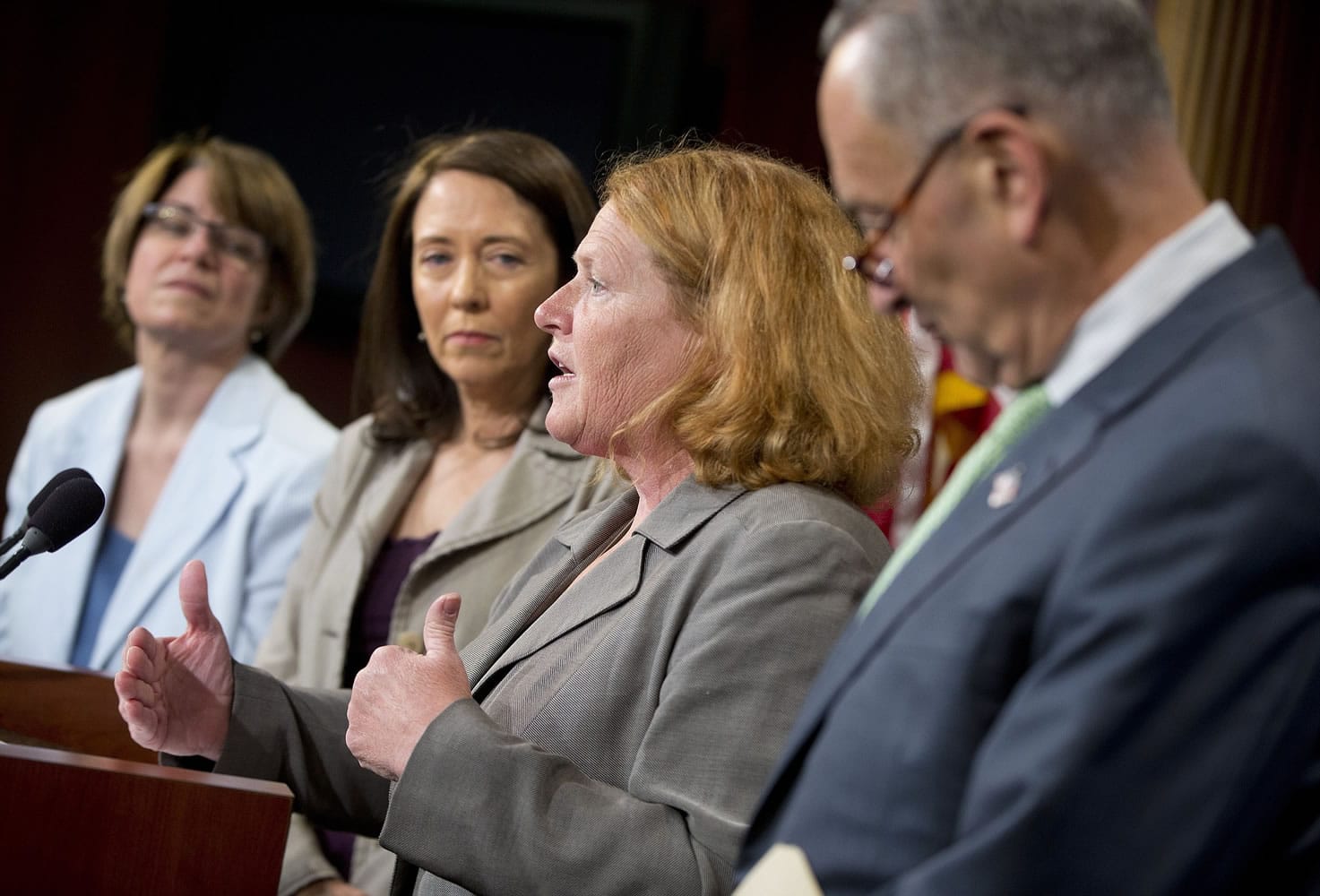WASHINGTON — When Jeb Hensarling took over as head of the House Financial Services Committee in 2013, the moment was not lost on Linda Dempsey, a veteran trade policy wonk and lobbyist at the National Association of Manufacturers.
Hensarling’s committee has authority over the Export-Import Bank, the 81-year old credit agency that underwrites loans to foreign entities to buy U.S. exports, and the Texas Republican has been pushing to let the its charter expire, arguing it promotes “crony capitalism.” But doing away with Ex-Im, Dempsey says, would hurt the thousands of manufacturing companies that rely on Ex-Im loans to sell their products overseas.
“It was pretty obvious to us then that this was going to become the type of issue it has become,” said Dempsey, vice president of international economic affairs for NAM, which represents 14,000 manufacturing companies. “It’s long been important for the NAM but it’s really only been in the last few years that it’s become so controversial. We’ve really had to heighten the level of activity on it.”
The bank’s charter expires June 30, and determining its fate has been one of the most contentious congressional debates over the past year — and one that has sparked an intraparty battle between business-friendly and free-market Republicans.



